Review of denied WW-era honours and awards

Minister for Defence Personnel Dan Tehan said today Defence would review the applications it had received for historical cases of former Australian Defence Force personnel who had their honours and awards withheld or refused.
The majority of personnel whose medals were withheld or forfeited served during or shortly after World War II.
Mr Tehan said the government had accepted the first four of five recommendations from the Defence Honours and Awards Appeals Tribunal report on its Inquiry into the refusal to issue entitlements to, withholding and forfeiture of Defence Honours and Awards.
The Tribunal report investigated the withholding and forfeiture of defence awards for service with the ADF since 1939 – Mr Tehan’s press release said.
[The ADF was established in 1976 – just saying. Ed]
“During World War I and World War II Australians volunteered in great numbers to serve in defence of our country.
“These were ordinary people and the overwhelming majority had no previous experience of military service, yet they were prepared to fight and die for our values.
“The tribunal found that some ADF personnel were not awarded their medals at the end of the war for various reasons, including disobeying routine orders or overstaying time away from their units.
“Service medals are a symbol of a great contribution, they can only be earned.
“The tribunal heard evidence that some ADF personnel who did not receive their medals were badly affected — some avoided their former comrades and felt excluded from commemorations like Anzac Day.
“Families also told the tribunal about the impact on them.
“Last year, veterans or the families of deceased veterans who may be eligible for medal restoration were invited to lodge applications for review.
“Defence has received around 100 applications.
“These reviews will now be progressed.
“Each application will be considered with respect and sensitivity, on a case-by-case basis, supported by a thorough analysis of available evidence and records.
“These cases involve historical decisions related to the medal entitlements of veterans, and each case has specific circumstances that must be taken into consideration as part of Defence’s review and decision-making process.
“Recommendation five remains under consideration, and I will advise of further progress on this matter in 2017.”
The Tribunal’s full report is available here, but it’s five recommendations are….
Recommendation 1
The Tribunal recommends:
- that the medals forfeited by veterans pursuant to DPS Instruction of 9 July 1946 and MBI 148/1951 amended on 7 December 1951 and subsequently reissued a number of times, be restored to veterans or gifted to the families of deceased veterans;
- that medals subject to certain mandatory withholding or forfeiture for offences not be restored to veterans or gifted to their families under point 1.
Only those medals forfeited as a result of convictions for offences set out in Recommendation 2(1) should not be restored or gifted to veterans or their families.
If the offence that resulted in the withholding or forfeiture is no longer an offence under military or civil law, the medals should be restored to the veteran or gifted to their families; and - medals gifted to deceased veterans’ families are to be gifted according to the following rules:
- to the executor under the veteran’s will;
- if the veteran died intestate, to the Public Trustee Administrator;
- to a member of the family nominated in writing by the immediate descendants of the veteran;
- if there are no immediate descendants, to a member of the family nominated in writing by the family at large; or
- if there is a dispute in the family about who should be gifted the medals, the medals should not be gifted.
Recommendation 2
The Tribunal recommends:
- that there be mandatory forfeiture of medals on conviction for the following grounds:
- treason and related offences; (see for example s 9A of the Crimes Act 1958 (Vic));
- mutiny and related offences (see s 20 of DFDA 1982);
- sabotage of own and allied assets (see s 15A of DFDA 1982);
- aiding the enemy (including assisting prisoners of war) and related offences (see ss 15D, 15E, 16 of DFDA 1982); and
- serious terrorism related offences (see s 3(1) of the Crimes Act 1914 (C’th), Criminal Code Act 1995).
- a. grounds:
- conviction for an offence which is considered to be so disgraceful or serious that it would be improper for the offender to retain the award; or
- if an award was obtained by making a false declaration.
b. the guidelines to be applied when considering the discretionary forfeiture of medals are:
1. gallantry and distinguished service decorations should only be forfeited in extreme situations;
2. a decision that one award should be forfeited does not mean that any other award should be forfeited;
3. the quality of the member’s entire service should be taken into account;
4. a dishonourable or disciplinary discharge or termination would not of itself be a reason for forfeiture of awards but may be taken into account; and,
5. consideration should be given to variables such as mental health, physical condition and any other mitigating circumstances.
Recommendation 3
The Tribunal recommends that the authority to order the mandatory or discretionary forfeiture of any medals be placed in a Defence Instruction or in regulations under the Defence Act. The Instruction or regulation must state the requirements for the mandatory forfeiture of any medals (Recommendation 2). The DHAM should contain the policy guidelines on how the discretionary decisions should be exercised.
Recommendation 4
The Tribunal recommends that:
1.
a. when a decision is made that the member forfeit any medal, the decision maker should also decide the period of the forfeiture; and,
b. the DHAM should contain policy guidelines on the appropriate period that should apply to the forfeiture of a medal.
2.
a. the mandatory forfeiture of medals be forever or for the life of the veteran; and
b. that these medals should not be gifted.
Recommendation 5
The Tribunal recommends that the Defence Act be amended to include decisions on withholding, forfeiture and restoration of medals in s 110V(1).
,
,
,
.
.
.
.
.
.
.

.
.

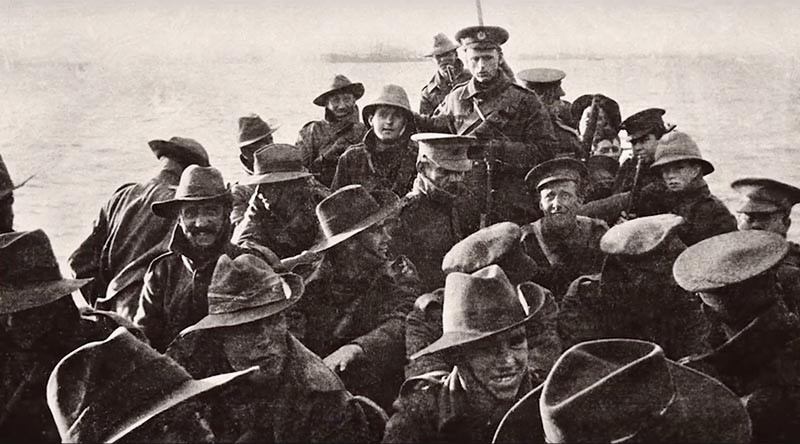

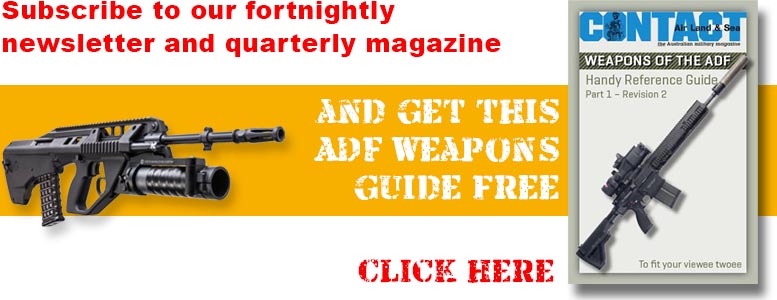
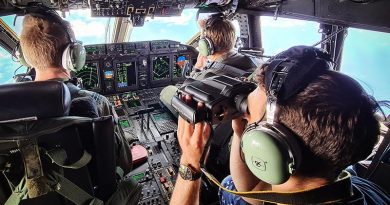
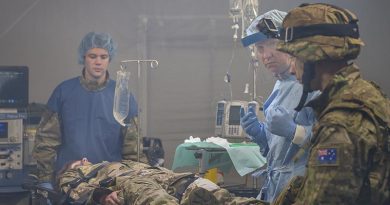
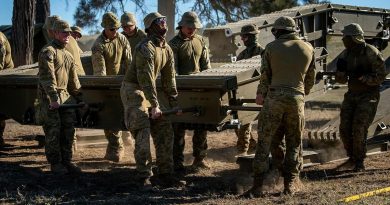
My father now diseased. never received his medals as he was declared to have been AWOL. Date enlisted 1st May 1941 Date of Discharge 29th October 1946. 60th Australian Searchlight Battery.
N 109759, Gnr Walter Joseph Barrett. DOB 19 February 1922. Died 1977, during his service he did considerable time in detention on military matters and also long period of time in civil detention for marital matters. His service record indicates he also served as NX 27245 Walter Joseph Bennett 19/06/1940 to 21/12/1940 giving my grandmother Dulcie M. A. Ruber, as his NOK.
Records show period his service between 01/05/1941 and 25/02/ 1946, total Effective Period. 144 days which included Active Service in Australia. As an ex-serviceman myself. NS 2795694 and served in Vietnam, Singapore, Malaysia and Australia. I would like a copy of my fathers medals. What is my next step.
Sorry for the delay Jeffrey – I missed your comments here.
The best place to start is here – http://www.defence.gov.au/medals/Policy/Posthumous-Issue.asp
Best of luck,
Brian Hartigan
CONTACT Editor
My father now diseased. never received his medals as he was declared to have been AWOL. Date enlisted 1st May 1941 Date of Discharge 29th October 1946. 60th Australian Searchlight Battery.
N 109759, Gnr Walter Joseph Barrett. DOB 19 February 1922. Died 1977, during his service he did considerable time in detention on military matters and also long period of time in civil detention for marital matters.
Records show period his service between 01/05/1941 and 25/02/ 1946, total Effective Period. 144 days which included Active Service in Australia. As an ex-serviceman myself. NS 2795694 and served in Vietnam, Singapore, Malaysia and Australia. I would like a copy of my fathers medals.
The same thing happened to my late dad, he served in WW2 with the Argyll & Sutherland Highlanders, (8th BN) he was also denied any medals because of his conduct. From 1939 to 1946, I have a history of their active service courtesy of the A&SH museum, it is 9 pages long, great reading, ( I have a copy on my computer so if anyone is interested in reading it just let me know).
I tried to get help from the war office in the UK, I won’t print the message I got back, just say they don’t give a stuff.
Lets hope the Australian Government does a better job.
Ben.